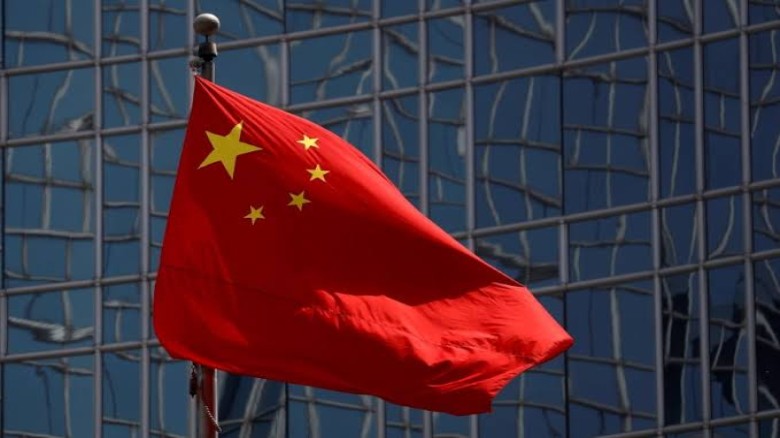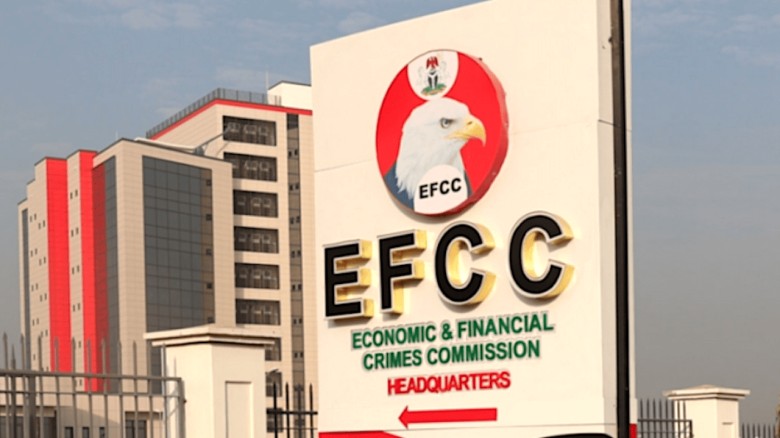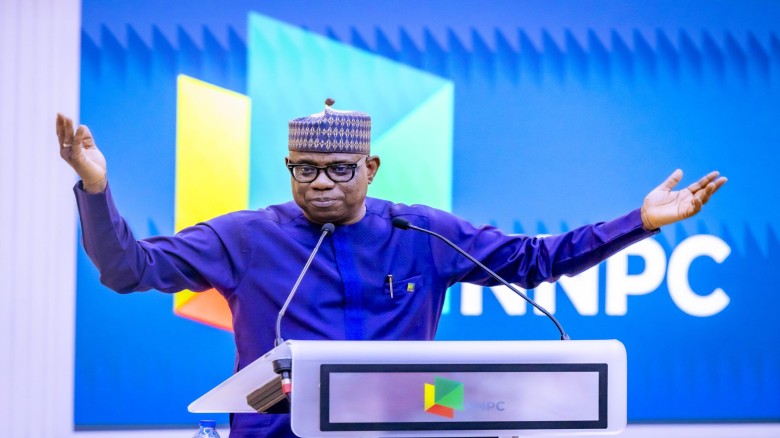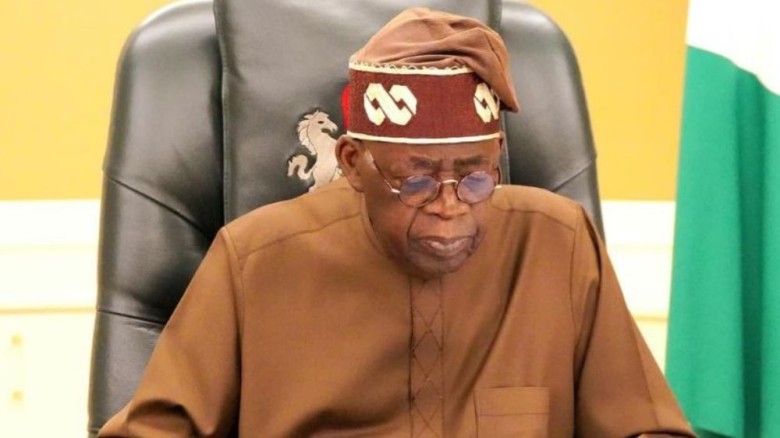S’Korean consortium plan four 100,000-barrel refineries in Nigeria – FG
On Tuesday, the Federal Government announced that a group of investors from South Korea has finalized plans to construct four refineries, each with a capacity of 100,000 barrels, at different locations across Nigeria.
This investment is anticipated to improve Nigeria's refining capabilities and make a positive contribution to the local economy.
The Minister of State for Petroleum Resources (Oil), Heineken Lokpobiri, revealed this information at a summit organized by the Crude Oil Refineries Owners Association of Nigeria in Lagos, as reported by The Punch.
He mentioned that the Federal Government is actively promoting the establishment of refineries by creating a favorable environment for all stakeholders.
Recent approvals were given to attract the South Korean consortium, although the name was not disclosed.
"We are encouraging investors to set up small refineries by providing a conducive environment. A recent approval was granted to invite a consortium of investors from South Korea to establish four 100,000-barrel model refineries in various locations in Nigeria," he stated.
Lokpobiri emphasized that this initiative will produce positive outcomes, as the Federal Government is open to equity investments in modular refineries and other new refinery projects.
This approach is part of efforts to ensure energy security in the country.
"The Nigerian Upstream Petroleum Regulatory Commission has developed and published the domestic crude supply obligation guidelines to ensure transparency in the oil industry and to ensure access to feedstock by our local refineries.
"In addition, we are prioritizing and collaborating with stakeholders to ensure effective implementation of the recommendations of the Modular Refinery Committee to provide special concessions to local refinery owners, thereby guaranteeing feedstock to their refineries," he explained.
He further added, "We will ensure that the deregulation of the downstream sector is 100% and put in place a necessary framework that will mitigate the impact on the poor masses.
"The ministry has facilitated easier access to existing tax and other exemptions on refinery equipment importation, which is part of our plan to make Nigeria self-sufficient for petroleum products and become Africa's petroleum refining hub."
Lokpobiri noted that while the Petroleum Industry Act established the petroleum ministry and the National Gas Infrastructure Fund—financed by domestic petroleum product sales—the ministry aims to utilize a portion of this fund to support infrastructural development for refineries, similar to initiatives in the gas value chain.
"In essence, we will initiate the review of the PIA to enable this. Meanwhile, CORAN as a body should take up the campaign. Through the Petroleum Technology Development Fund and the Nigerian Content Development and Monitoring Board, we are prioritizing partnerships with international institutions in knowledge transfer for manpower in refinery operations, and investment in research and development, to support technological advancements and innovation in the refining sector.
"In no distant time, we intend to create the apprenticeship program in collaboration with existing refineries to develop expertise in our refinery operations," he revealed.
























Leave A Comment